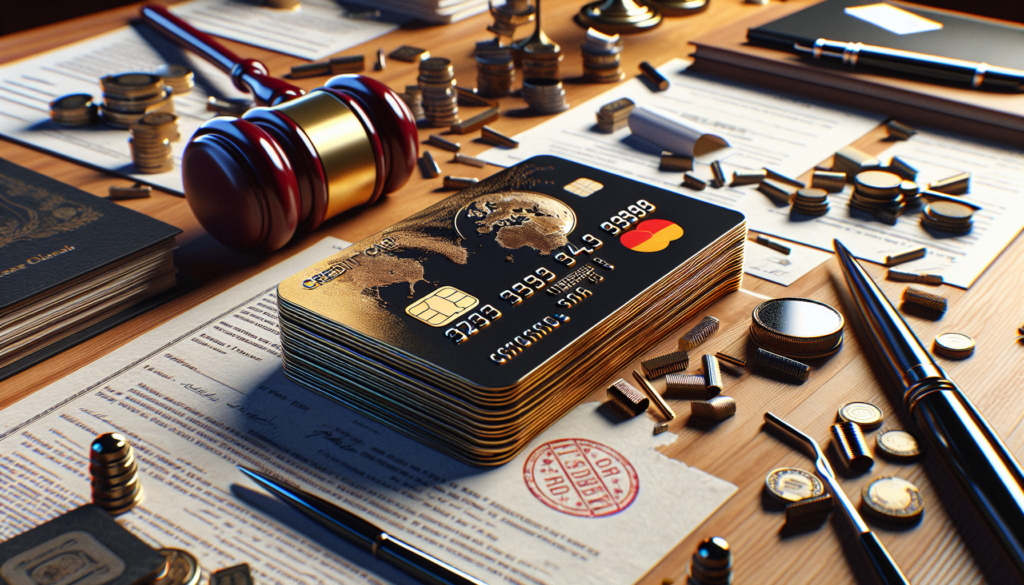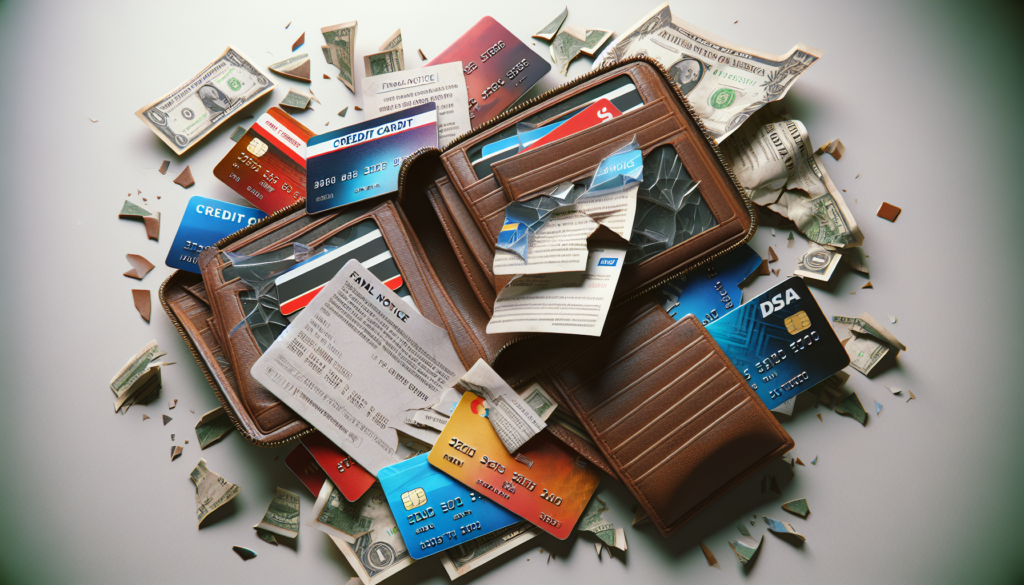
No, you should not max out your credit cards prior to filing for bankruptcy. This is a critical point to understand, as intentionally incurring debt before filing for bankruptcy can lead to serious consequences. Here are several reasons why this strategy is ill-advised and potentially harmful:
1. Fraudulent Intent:
Maxing out your credit cards with the intention of having the debt discharged in bankruptcy can be considered fraudulent. Bankruptcy courts scrutinize your financial transactions, especially those that occur shortly before filing. If it appears that you’ve racked up debt knowing you wouldn’t repay it, the court may determine that such debt is not dischargeable.
2. Presumption of Fraud:
There are specific rules in place that create a presumption of fraud for debts incurred shortly before filing for bankruptcy. For example, if you charge luxury goods or services over a certain amount within 90 days of filing, or take out cash advances over a certain amount within 70 days of filing, these debts may be presumed to be non-dischargeable.
3. Impact on Bankruptcy Filing:
Engaging in such behavior can not only affect the dischargeability of specific debts but can also impact the overall success of your bankruptcy case. If a bankruptcy trustee or creditor suspects fraudulent behavior, they can challenge the discharge of your debts or even your right to a discharge at all, potentially leading to a denial of your bankruptcy relief.
4. Legal Consequences:
Beyond the impact on your bankruptcy case, fraudulent behavior can lead to legal consequences, including criminal charges. Bankruptcy fraud is a serious offense that can result in fines or imprisonment.
5. Ethical Considerations:
Bankruptcy is designed to provide a fresh start to individuals who are unable to meet their financial obligations due to circumstances beyond their control, not as a strategy to avoid paying for recent purchases. Using bankruptcy as a tool to escape recent debts is unethical and contrary to the purpose of the bankruptcy system.
6. Credit Implications:
Your financial behavior before bankruptcy is scrutinized by future lenders. If it’s evident that you intentionally incurred debt before filing, it may be more challenging to rebuild your credit after bankruptcy.
Example Scenario:
Imagine someone who maxes out their credit cards buying luxury items and then files for bankruptcy a month later. The bankruptcy trustee reviews the recent transactions and flags them as potentially fraudulent. The court then decides these debts are not dischargeable, leaving the individual responsible for paying back the full amount of the recent charges, despite the bankruptcy filing.
If you’re considering bankruptcy, it’s crucial to consult with a bankruptcy attorney to understand the legal implications of your actions and to navigate the process ethically and effectively. Making informed, responsible financial decisions prior to filing can help ensure that your bankruptcy process goes smoothly and achieves the debt relief you’re seeking.


Get a Free Bankruptcy Case Evaluation